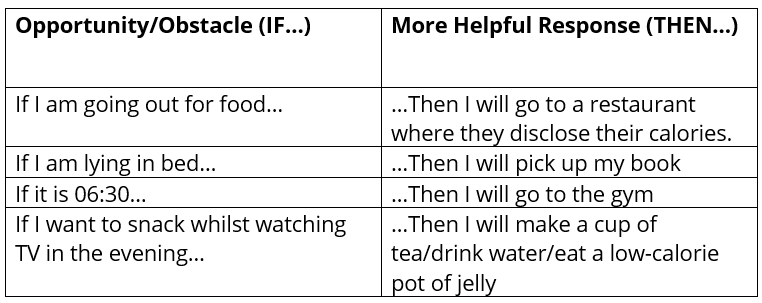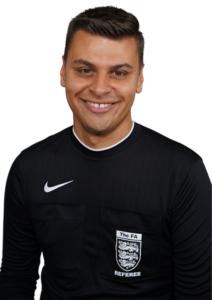A habit is a routine of behaviour that is repeated regularly and tends to occur subconsciously. A habit, from a psychological standpoint is a more or less fixed way of thinking, willing, or feeling acquired through previous repetition of a mental experience. Another definition of habit is: “A settled or regular tendency or practice, especially one that is hard to give up.”
So why is it that forming habits are so hard? Why is it that we say we’ll will do things and then don’t follow through? I’ll let you mull that one over before reading on for ideas on how you can make sure your habits actually stick!
How To Make Your Habits Stick In 4 Steps
1. Set yourself a goal. What is it that you want to achieve?
2. Break this goal down into a series of processes that must be completed to achieve it.
Remember, the simpler the goal, the easier the habit is formed. This is due to there being less resistance (processes) between you and the goal you wish to achieve.
3. Rinse and repeat! You must have the motivation to continue executing these processes that result in achieving the goal regularly.
4. Now, this is the step you’re missing out. Consistently execute this behaviour in response to the same trigger.
What do I mean by this? Habits are learned behaviours you perform unconsciously. A trigger initiates a behaviour that you perform automatically, which snowballs into many behaviours occurring (processes) that lead to your end goal being achieved.
For example, if you’re trying to form a habit of eating healthy, an example of a trigger could be sitting down to watch TV in the evening, and the behaviour you currently associate with this is eating an unhealthy snack. However, if we can adjust the behaviour that’s associated with this trigger to something such as drinking a cup of tea, we can help ourselves in the pursuit of that habit.
Therefore, control your initial response to a trigger, and you can control your habits!
How to Stick to a Habit
You have just come in from a long day at work, you’re tired, hungry, and irritable from the commute. This is enough motivation for you to pop something easy in the microwave, put your feet up, watch TV, and pass out on the sofa. Sound familiar?
And I don’t blame you, I have been there! When we have had a rough day, we can happily go with the easier option, which isn’t the habit we are trying to form. That’s because there is a lot of resistance to work through in order to even initiate the first behaviour that will lead to you executing your habit of eating healthy and going to the gym.
You have entered the war zone without the correct mental skills in your arsenal. This is where ‘if-then’ planning comes in. “If I come in from work tired, then I will go cut up some veg”. As simple as this sounds, when done repeatedly in the same context a habit will begin to form, and your goal of eating healthier will be achieved.
We could even take this a step further and have our chopping board and knife left out for when we get in from work, with your gym clothes and trainers at the front door. This will reduce the resistance that stands between you and your goals, whilst making the habit less complex and thus, easier to form.
Michael Phelps’ Success Secret
Michael Phelps and his coach, Bob Bowman, used this trick for years to prepare him for Olympic success. Phelps would sit down before a competition and rigorously go through scenarios that ‘if’ they occur, he ‘then’ had a plan to cope with them. Whilst Bowman would regularly test his ‘then’ responses in training, by artificially creating ‘if’ scenarios so that he could regularly practice his response in context.
Below is an example of ‘if-then’ planning. Use this table format to formulate your own ‘if’ scenarios and ‘then’ responses. I have provided some examples to get you started.

You now have the psychological tools to form habits that will help you achieve your goals!
Feel free to get in touch and let us know what habits you intend to form in future and let us know an example of one ‘if-then’ plan you will put in place to help you achieve this goal.
At The Third Team I work individually and in collaboration with different professionals where I have developed workshops and 1-2-1 sessions associated with Resilience and Mental Toughness Development to help referees. The workshops and 1-2-1 sessions are interactive, where referees are encouraged to open up and share their experiences to help themselves and each other.
Feel free to contact me if you’d like to know more about my workshops or 1-2-1 sessions and how I could help you or your officials.
Best Wishes,

Nathan Sherratt
Referee Educator & Managing Director of The Third Team

Nathan Sherratt
Nathan Sherratt, Referee Educator, Resilience Trainer and Managing Director of The Third Team. A Mental Toughness Practitioner based in County Durham, North East England.

